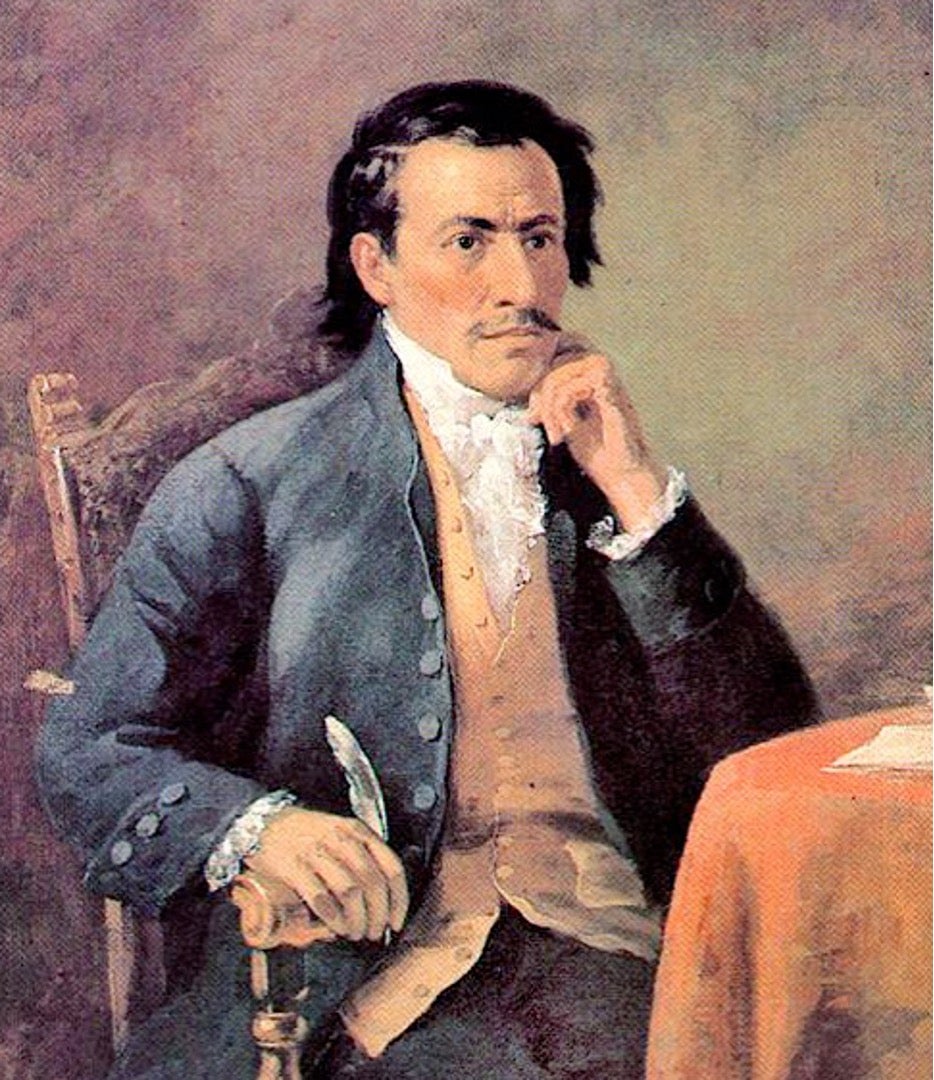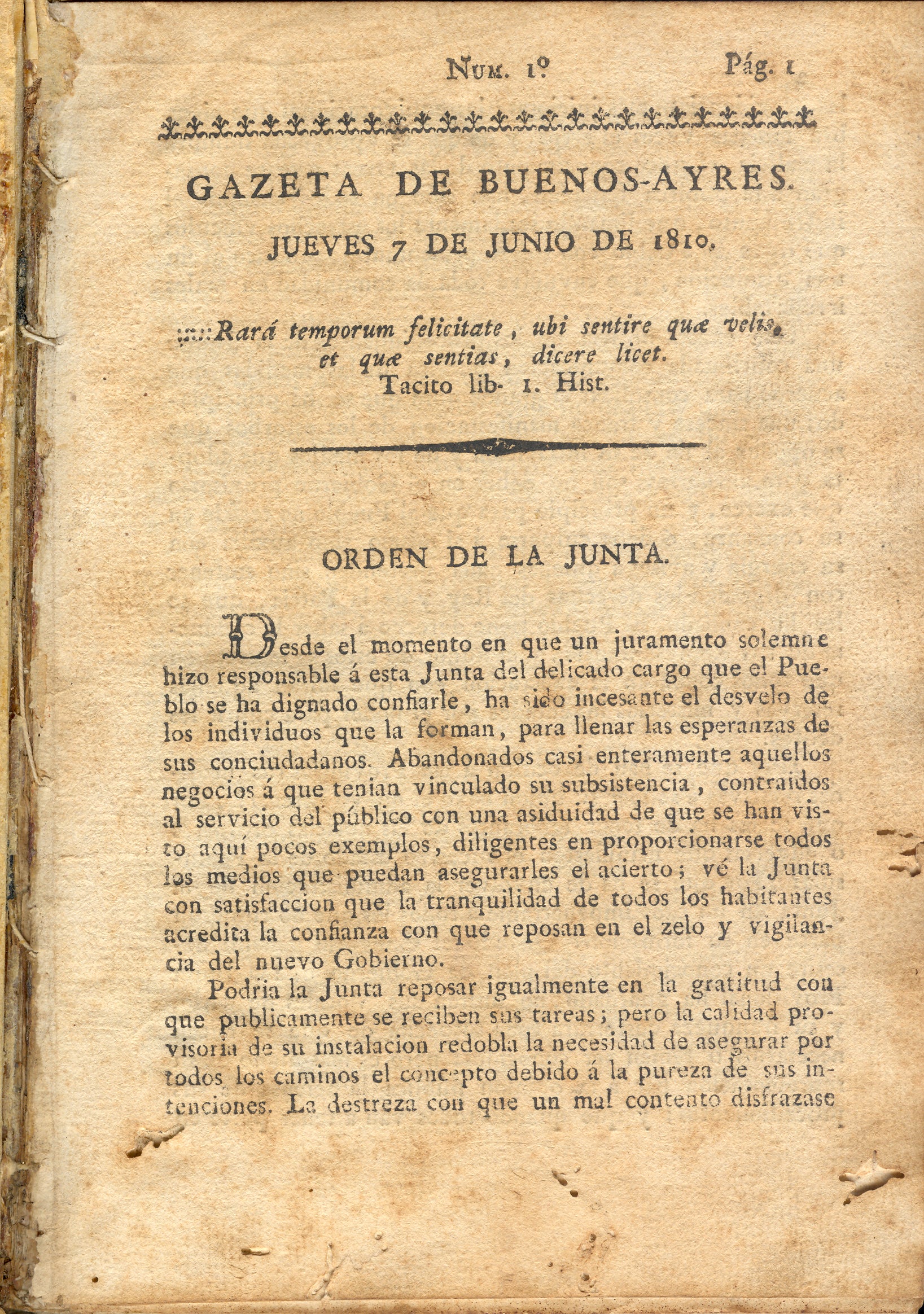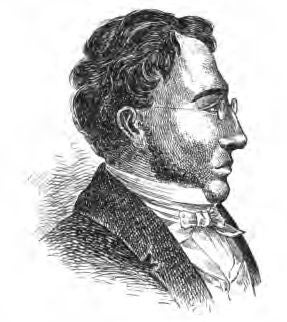* This article has been updated
They go by names such as National Journalist Day, Press Day, or Journalist and Media Worker Day.
And they’re observed on the date the first national newspaper was printed, the date journalists were killed for criticizing dictatorships, or the date an emperor stepped down.
In 19 countries across Latin America, as early as 1938, dates have been recognized to celebrate freedom of expression and the role of the press in building democracy. And now, in many places where journalism is practiced under the threat of criminalization, defamation and harassment, these commemorations are taking on new meaning.
“Being able to do what we love and be of service to society will always be a reason to celebrate,” Carmen Cermeño of the Aragua chapter of the National Association of Journalists in Venezuela told LatAm Journalism Review (LJR). “However, we must not forget that many colleagues have lost their fundamental rights doing this work.”
The days dedicated to celebrating journalism are an opportunity to highlight the press’s importance in strengthening democracy —especially in countries facing authoritarianism. In Venezuela, for example, on June 27, journalists marked their day with the bitter reality of 16 members of the press behind bars and dozens of media outlets shuttered since 2022.
“We have been living through quite turbulent times,” said Rocío Alorda, president of the Chile Journalists Association, where the date will be observed on July 11. Journalist Day, she told LJR, “is relevant to us because it allows us to bring into public debate the importance of having media outlets that can freely carry out journalism.”
Below is an overview of the origin and meaning of days observing the practice of journalism in 19 Latin American countries, in calendar order.
During the presidency of Porfirio Díaz (1876–1911), freedom of expression in Mexico faced intense repression, with laws that allowed journalists to be punished for criticizing the government. Despite this authoritarian climate, a critical and combative press emerged that challenged the regime.
One of the most prominent figures of that era was Manuel Caballero, a native of Tequila, Jalisco. Founder of several newspapers and a pioneer of narrative and investigative reporting, Caballero defended civil liberties through journalism and is remembered as the “father of modern journalism” in Mexico.
To honor his legacy, the National Union of Press Editors established Jan. 4, the date of his death, as National Journalist’s Day in 1954, according to the National Commission on Human Rights. However, some journalists say the day is not widely celebrated, and there are media reports that others have put forth alternative dates to celebrate journalists in the country.

Journalist's Day in Ecuador commemorates the publication of the country's first newspaper, founded by lawyer and journalist Eugenio de Santa Cruz y Espejo on Jan. 5, 1792. (Photo: CC BY-SA 4.0 via Wikimedia Commons)
Journalist’s Day in Ecuador has its roots in the publication of the country’s first newspaper, Primicias de la Cultura de Quito, founded by doctor, lawyer and journalist Eugenio de Santa Cruz y Espejo on Jan. 5, 1792. Espejo, considered the founder of Ecuadoran journalism, used the outlet to challenge colonial injustices and promote critical thinking and freedom of expression.
Two hundred years later, in 1992, the country’s Congress declared Jan. 5 as Journalist’s Day to honor Espejo’s legacy.
In Colombia, journalists are celebrated on two dates.
Feb. 9 was established as Colombian Journalist’s Day in remembrance of the founding of the country’s first newspaper, Papel Periódico de la Ciudad de Santafé de Bogotá, in 1791, when the territory was still known as the Viceroyalty of New Granada. The date was officially recognized in 1975 by a national law aimed at professionalizing and regulating journalism.
Aug. 4 was declared Journalist and Communicator Day in 2006 to honor the date in 1793 when independence leader Antonio Nariño translated and published the Declaration of the Rights of Man and of the Citizen from French.
Journalist Day in Nicaragua is observed on March 1 in commemoration of the founding of the country’s first daily newspaper, Diario de Nicaragua, in 1884 under the direction of journalist and politician Rigoberto Cabezas.
According to the Nicaraguan National Assembly, the date symbolizes the beginning of daily journalism in the country. In recent years, however, it has become a somber reminder of the repression faced by independent journalists under the government of Daniel Ortega and Rosario Murillo.
The commemoration was officially established in 1964 by Congress and then-President René Schick Gutiérrez. The decree grants media workers a paid day off.
March 14 is celebrated in Cuba as Cuban Press Day, in memory of the first edition of the newspaper Patria, published in 1892. The newspaper was founded in New York by Cuban poet and revolutionary José Martí.
Patria was created as a partisan outlet to unite Cuban exiles in the fight for the independence of Cuba and Puerto Rico. In its first editorial, Martí emphasized journalism’s role as a unifying tool and a defense of freedom.
Today, critics of the Cuban regime criticize the government’s use of the date for propaganda.
Journalist’s Day in the Dominican Republic is celebrated in commemoration of the publication of the country’s first newspaper, El Telégrafo Constitucional, on April 5, 1821.
Founded by journalist Antonio María Pineda, the publication lasted only three months and ceased operations on July 26 of the same year. Nevertheless, its debut is recognized as the birth of print journalism in the country, and in 1962, the date was officially designated Journalist’s Day.
April 7 was established as Journalist’s Day in Brazil by the Brazilian Press Association (ABI for its initials in Portuguese) because on that date in 1831, Emperor Dom Pedro I gave up the throne.
One of the main reasons for his downfall was the public outcry following the murder of journalist and physician Giovanni Batista Líbero Badaró, which had occurred months earlier in São Paulo. Líbero Badaró was the founder of Observatório Constitucional, a newspaper from which he called out censorship and advocated liberal ideals.
The ABI—which was also founded on April 7, but in 1908—officially established Journalist’s Day in 1931.
Journalist Day in Paraguay is observed on April 26 in honor of the first issue of the country’s national newspaper, El Paraguayo Independiente, which was published for the first time in 1845. At the time, Paraguay was governed by President Carlos Antonio López, who used the newspaper to assert the country’s sovereignty, particularly in the face of pressure from Argentina, which had not fully recognized Paraguay’s independence.
The date also marks the assassination of Santiago Leguizamón, a journalist and director of a radio network, who was killed by organized crime on Journalist’s Day in 1991. According to the Paraguayan Human Rights Coordinator, his murder was intended to intimidate the press.
Each May 10, Bolivia commemorates Journalist’s Day, a date officially established in 1938 by then-President Germán Busch Becerra. The decree aimed to recognize journalism as a profession and to grant it legal status and social rights. It also highlighted the press’s role as a driver of culture and collective development, on par with education.
Additionally, the date honors journalists Cirilo Barragán and Néstor Galindo, who were murdered on May 10, 1865, by order of dictator Mariano Melgarejo, due to their critical publications. Barragán, director of the newspaper Juicio Público, and Galindo, a poet and communicator, symbolize the historic struggle for freedom of expression in Bolivia.
On May 25, 1830, the first edition of Honduras’s official government newspaper, La Gaceta, was published. It is considered the country’s first newspaper. The publication was made possible the year after the arrival of the nation’s first printing press.
A century later, on May 25, 1930, the First National Congress of Journalists was held with delegates from 18 newspapers. During that congress, the social function of the press was recognized, and May 25 was officially established as the day to honor journalists in Honduras.

In Argentina, the Journalist's Day is celebrated in memory of the first issue of the Gazeta de Buenos-Ayres, on June 7, 1810. (Photo: Government of Buenos Aires, under CC BY 2.5 AR license)
Costa Rica’s National Journalist’s Day is celebrated on May 30. The date was established in 2010 by presidential decree in honor of the victims of the La Penca terrorist attack, which occurred on May 30, 1984.
The attack happened during a press conference held in a Nicaraguan town near the Costa Rican border, convened by a former guerrilla fighter. A bomb exploded at the event, killing several people, including three Costa Rican journalists: Tico Times reporter Linda Frazier, Notiseis cameraman Jorge Quirós, and sound technician Evelio Sequeira.
The decree, issued by then-President Óscar Arias, affirms the importance of remembering those who have been persecuted, attacked or killed for practicing journalism.
In Argentina, Journalist’s Day is celebrated in remembrance of the first issue of Gazeta de Buenos-Ayres, published on June 7, 1810. It was the first newspaper of the country’s independence era. Although its initial aim was to disseminate official government acts, it is considered the publication that laid the foundations of journalism in Argentina.
The commemoration was officially declared in 1938 during the First National Congress of Journalists, where the historical significance of the press in building the nation and spreading patriotic ideas was acknowledged.
That same congress also established the groundwork for what would later become the Statute of the Professional Journalist, which regulates the duties, working conditions, and rights of media workers in Argentina.
The origins of Journalist’s Day in Venezuela date back to 1818, when independence leader Simón Bolívar founded Correo del Orinoco, a revolutionary propaganda outlet, in the midst of the country’s independence war.
The date was officially designated in 1964 by the Venezuelan Journalists Association (the predecessor of today’s National Association of Journalists, or CNP), based on a proposal by politician and journalist Guillermo García Ponce, who made the request from prison, where he was being held on charges of military rebellion.
In recent years, Venezuela’s press unions have used Journalist’s Day to denounce the persecution and authoritarianism of President Nicolás Maduro’s government and to demand guarantees for practicing free and safe journalism.
In Chile, Journalist’s Day is celebrated in honor of the enactment, on July 11, 1956, of the law that created the Association of Journalists of Chile. The organization was established to organize professionals who were graduating from the country’s first journalism school. The law was intended to professionalize and regulate journalism.
Chile also observes a National Press Day on Feb. 13, commemorating the launch of the country’s first printed newspaper, La Aurora de Chile.
While July 11 marks the institutionalization and professionalization of journalism in Chile, Feb. 13 honors the birth of the printed press in the country.
Journalist’s Day in El Salvador is celebrated on July 31. The observance was established in 1969 on the initiative of poet Julio Escamilla Saavedra. The date was chosen in remembrance of the launch of El Semanario Político Mercantil de San Salvador, the first official newspaper in the country.
El Semanario Político Mercantil was founded on July 31, 1824, by Father José Matías Delgado, after acquiring the first printing press in the country with money donated by his parishioners.
Several of El Salvador’s earliest journalists were members of the clergy who supported the country’s independence, including Father Miguel José Castro.
Journalist Day in Peru is celebrated on Oct. 1, in honor of the appearance of El Diario de Lima, founded by journalist Francisco Antonio Evaristo Cabello y Mesa in 1790, when the territory that is now Peru was part of the Viceroyalty of Peru.
El Diario de Lima was the country’s first periodical publication. It was founded by lawyer Jaime Bausate y Meza, who is considered a pioneer of specialized journalism, as the paper covered both local issues and specific topics such as national economics and medical practices.
On Oct. 1, 1953, through a Supreme Decree, the date was proclaimed as Journalist’s Day in Peru.
On Oct. 23, Uruguay celebrates Journalist’s and Media Worker’s Day. The date commemorates Oct. 23, 1815, when José Gervasio Artigas—a political and military leader considered the father of Uruguayan independence—sent a letter to the Cabildo of Montevideo requesting support for the printing of a new newspaper called Prospecto Oriental.
In his letter, Artigas described the press as a fundamental tool for nation-building and urged the authorities to promote press freedom in the territory.
In 2019, Oct. 23 was declared a non-working holiday for media workers in all sectors.
Journalist’s Day in Panama is celebrated on Nov. 13, in memory of poet and journalist Gaspar Octavio Hernández, who died on that date in 1918 from a tuberculosis attack while working as editor in chief at La Estrella de Panamá.
On the 10th anniversary of Hernández’s death, Journalist’s Day in Panama was celebrated for the first time at the initiative of the Panama Journalists’ Association. The initial celebration took the form of a major social event, which included a pilgrimage to Hernández’s grave, a solemn session and a dance.

The assassination of journalist Líbero Badaró (pictured) led to the fall of Emperor Pedro I on April 7, 1831, a date that was established as Journalist's Day in that country. (Photo: Public domain via Wikimedia Commons)
In Guatemala, Journalist’s Day is celebrated on Nov. 30. Initially, journalist David Vela—who later became editor of the newspaper El Imparcial—proposed Nov. 1 as the commemorative date, in memory of the first edition of La Gaceta de Guatemala, the country’s first informational publication, which circulated from Nov. 1 to 30 in 1729.
Later, in 1948, the Guatemalan Journalists Association (APG) proposed Aug. 21—Saint Francis de Sales’ feast day and the Catholic patron saint of writers and journalists—as Journalist’s Day. Ultimately, the APG decided to commemorate the first issue of La Gaceta de Guatemala, choosing Nov. 30 rather than Nov. 1.
In 1972, the Guatemalan Congress officially recognized the celebration through a decree that affirms the vital role of journalism in society and designates Nov. 30 as a paid holiday for members of the press.
* The description of National Journalist's Day in Mexico was updated